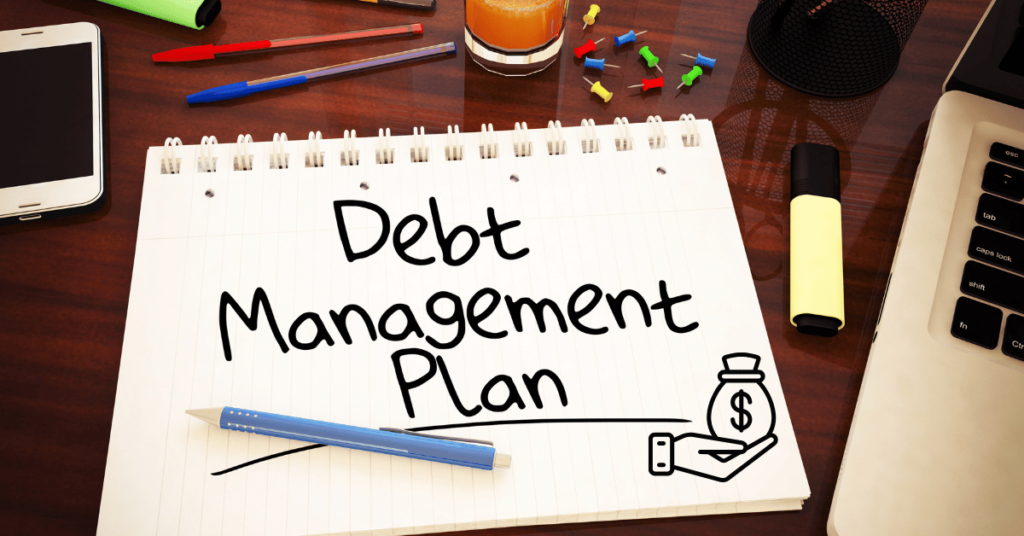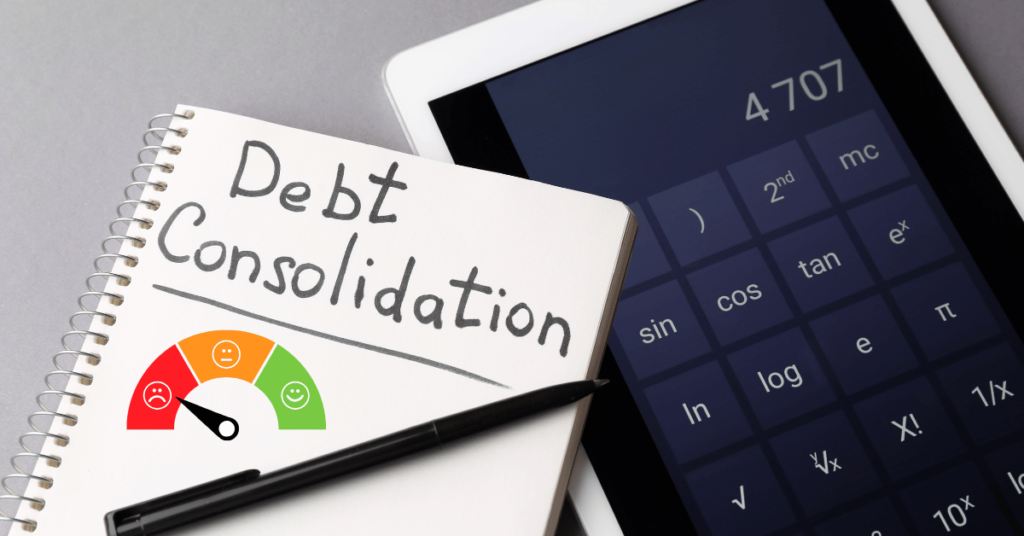Managing debt can be overwhelming, especially when faced with multiple creditors and high-interest rates. A Debt Management Plan (DMP) can provide a structured way to tackle debt, while loans can play a crucial role in this process. This guide will explore what a DMP is, how it works, and how loans can assist in effectively managing your debts.
What is a Debt Management Plan (DMP)?
A Debt Management Plan (DMP) is a financial strategy that helps individuals pay off unsecured debts, such as credit cards, medical bills, and personal loans. A DMP is typically administered by a credit counseling agency, which negotiates with creditors on behalf of the debtor to establish a manageable payment plan.
Key Features of a DMP
- Structured Payments: A DMP consolidates multiple debts into a single monthly payment made to the credit counseling agency, which then distributes the funds to your creditors.
- Reduced Interest Rates: Credit counseling agencies often negotiate lower interest rates with creditors, which can make monthly payments more manageable and reduce the overall cost of debt.
- Debt Forgiveness: In some cases, creditors may be willing to forgive a portion of the debt if they see a commitment from the borrower to follow through with the DMP.
- Improved Financial Education: Many credit counseling agencies provide financial education to help clients make informed decisions about budgeting and managing money in the future.
How Does a DMP Work?
Here’s a step-by-step breakdown of how a Debt Management Plan typically works:
1. Initial Consultation
The process usually begins with an initial consultation with a credit counseling agency. During this meeting, you will provide details about your financial situation, including income, expenses, and debts.
2. Assessment of Your Finances
The credit counselor will assess your financial situation to determine whether a DMP is suitable for you. They will evaluate your debts, income, and monthly expenses to create a customized plan.
3. Creation of a DMP
If a DMP is deemed appropriate, the credit counselor will develop a repayment plan that outlines how much you will pay each month and the duration of the plan. This plan will include reduced interest rates and potentially negotiated settlements.
4. Payment to the Agency
Once the plan is in place, you will make monthly payments to the credit counseling agency. The agency will then distribute these funds to your creditors according to the agreed-upon terms.
5. Regular Progress Check-ins
During the duration of the DMP, you will typically have regular check-ins with your credit counselor to monitor your progress and make any necessary adjustments to the plan.
How Loans Can Help in a DMP
While a DMP is designed to help manage existing debts, loans can be used strategically to complement the plan. Here’s how:
1. Consolidation Loans
A consolidation loan can be taken out to pay off multiple high-interest debts, simplifying your monthly payments into a single loan with a lower interest rate. This approach can make it easier to manage payments and potentially save money on interest.
2. Emergency Loans
In the event of unexpected expenses (such as medical emergencies or urgent home repairs) while on a DMP, securing an emergency loan can provide the necessary funds without disrupting the payment plan.
3. Personal Loans
A personal loan may be used to settle debts upfront. This can be particularly useful if you are struggling to make progress with your DMP due to high-interest debts that are hard to manage.
4. Secured Loans
If you have assets to use as collateral, a secured loan may offer lower interest rates. This type of loan can be used strategically to pay off higher-interest debts while keeping your overall debt load manageable.
5. Building Credit
Taking out a small loan while on a DMP and making timely payments can help improve your credit score over time, aiding in financial recovery and future loan applications.
Benefits of Using a DMP
1. Simplified Payments
A DMP consolidates multiple payments into one, making it easier to keep track of finances and budget effectively.
2. Reduced Stress
The structure provided by a DMP can alleviate the stress of managing multiple creditors and debts, allowing individuals to focus on rebuilding their financial lives.
3. Professional Guidance
Working with a credit counselor provides access to professional advice and support, which can be invaluable during the debt repayment process.
4. Financial Education
A DMP often comes with educational resources that empower individuals to make better financial decisions in the future.
Risks of a DMP
1. Impact on Credit Score
Entering a DMP may negatively impact your credit score initially, as it indicates that you are having difficulty managing your debts. However, responsible management of the plan can improve your score over time.
2. Potential Fees
Some credit counseling agencies may charge fees for their services. It’s essential to clarify any costs involved before enrolling in a DMP.
3. Limitations on Credit
While enrolled in a DMP, you may be required to avoid taking on new debt, which can limit your access to credit for emergencies or unexpected expenses.
Conclusion
Debt Management Plans offer a viable solution for individuals struggling with debt, providing a structured approach to repayment and support from credit counseling professionals. By incorporating loans strategically into a DMP, individuals can effectively manage their finances, reduce stress, and work towards achieving financial stability. Understanding the options available and taking action can set the foundation for a more secure financial future.
If you have any questions feel free to comment down below. We are always here to guide you!
FAQs
1. What is a Debt Management Plan (DMP)?
A DMP is a structured repayment plan that helps individuals manage and pay off unsecured debts, typically administered by a credit counseling agency.
2. How does a DMP work?
A DMP consolidates multiple debts into a single monthly payment made to a credit counseling agency, which then distributes the funds to creditors and negotiates lower interest rates.
3. Can I use loans while on a DMP?
Yes, loans can be used strategically to consolidate high-interest debts, cover emergencies, or improve credit scores while on a DMP.
4. Will a DMP affect my credit score?
Enrolling in a DMP may negatively impact your credit score initially, but responsible management can lead to improvements over time.
5. Are there fees associated with a DMP?
Some credit counseling agencies may charge fees for their services. It’s essential to clarify any costs before enrolling in a DMP.




